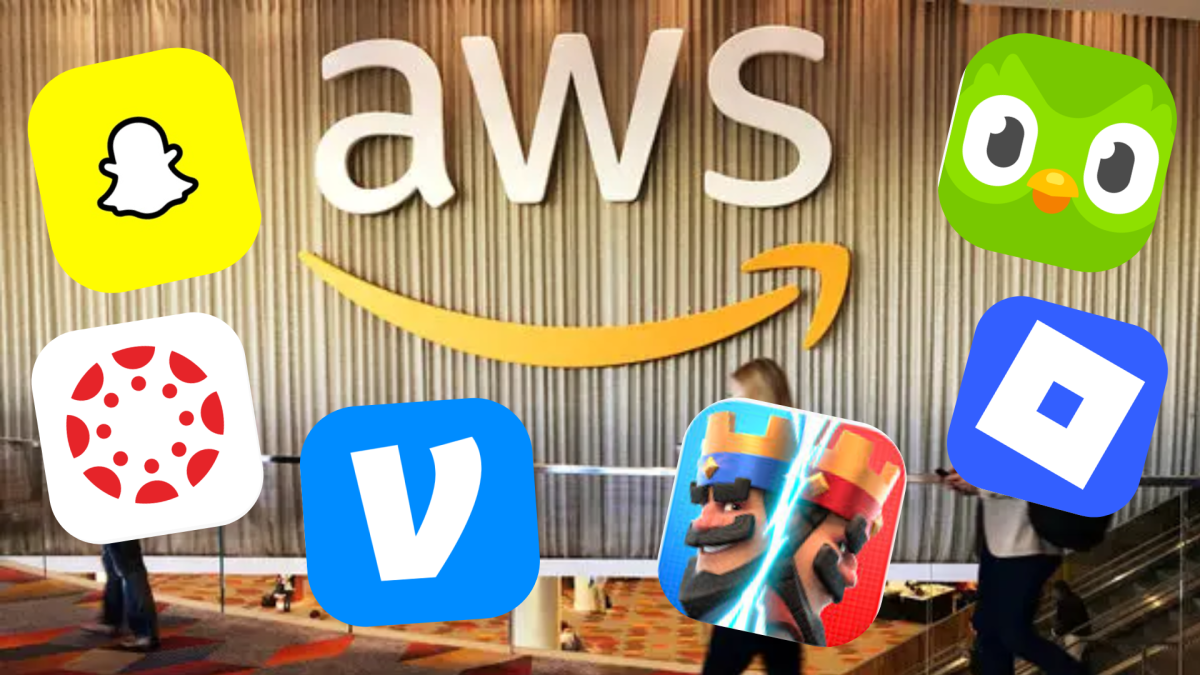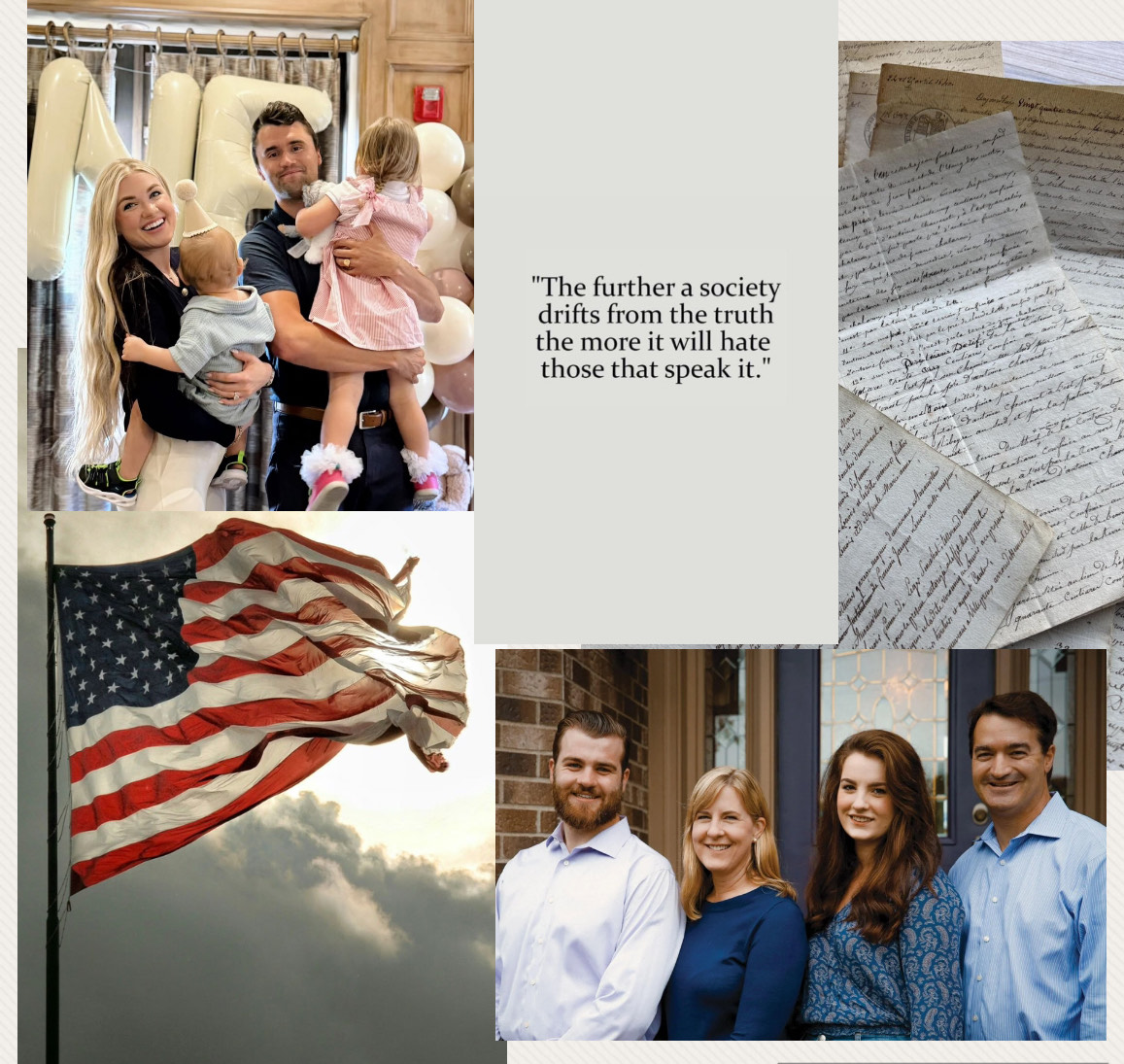Have you noticed the snaps in Snapchat not sending or the Clash Royale not loading this week? You are not the only one having this problem. On October 20, millions of people worldwide were unable to use multiple apps and services that affected their daily lives. The cause of the global internet outage brought to a halt was a technical glitch at Amazon Web Services (AWS). AWS is the world’s largest cloud computing platform that broadly supports economic, social, and governmental activity. (The Guardian, October 20, 2025)
The incident originated in Northern Virginia and brought down commonly used apps and services, including Snapchat, Reddit, Roblox, Clash Royale, Zoom, Canva, Canvas, Venmo, Duolingo, Amazon, etc. The temporary outage began at 8 a.m. and ended at 3 p.m. on October 20. AWS confirmed the root cause of the outage was an underlying subsystem that monitors the health of its network load balancers, which is used to distribute traffic across several servers. (4WWL Broadcasting, October 20, 2025)
Due to AWS’s servers’ technical glitch, 2,000 companies worldwide were affected, which raises critical questions over global technological dependency among banks, governments, and millions of users across the world. On the Guardian site, Madeline Carr, a professor of global politics and cybersecurity at University College London, announced, “Large companies provide secure and global services, but this level of dependence is risky.” Dr Corinne Cath-Speth, the head of digital at the human rights organization, said, “We urgently need diversification in cloud computing. The infrastructure underpinning democratic discourse, independent journalism, and secure communications cannot be dependent on a handful of companies.” Cori Crider, the executive director of the Future of Technology Institute, voiced, “The UK can’t keep leaving its critical infrastructure at the mercy of US tech giants. With Amazon Web Services down, we’ve seen the lights go out across the modern economy – from banking to communications.” Experts in different fields, located across the world, came to the same conclusion that there needs to be a change in the dependence of mass digital foundations that are held in the hands of a few tech companies. Their message is to learn and grow from this outbreak instead of repeating the same, risky routine. (The Guardian, October 20, 2025)
Harrison Clark, a senior at Lewis Cass, carries a similar opinion of these experts and suggests, “As a society, we should not be so dependent on tech and be dependent on each other!” When asked how the shutdown affected his day, Harrison mentioned he could not use Canvas for school or Snapchat to communicate, which was annoying. The first website he noticed that was not working was Track AIPAC, as he could not use some features of the site. Other than that, his day was not affected too much by the outage.
Delaney McLaughlin, a sophomore at Lewis Cass, said, “Some apps and websites that I noticed were not working recently are Duolingo, Snapchat, and Canvas.” McLaughlin could not open the Duolingo app, which made her afraid of losing her streak, but for the most part, the shutdown was not a big deal for Delaney since she barely noticed the apps and websites were down. Mrs.Scott, journalism teacher at Lewis Cass, encountered difficulties with the shutdown because Canvas was not working for the majority of the school day. Although she maneuvered through and adjusted her agenda by giving her journalism class an extra day to finish their assignment.
Luckily, the outage was not permanent, but if actions are not taken to advance the technological systems, the issue may occur again and tremendously affect the daily lives of everyone around the world. The ending question remains: would society continue to rely on a small number of tech companies to manage the mass digital technology used globally?








